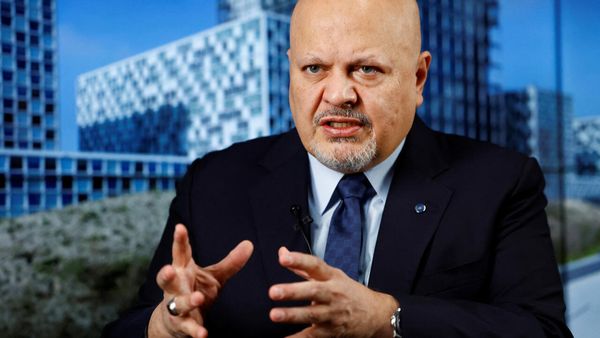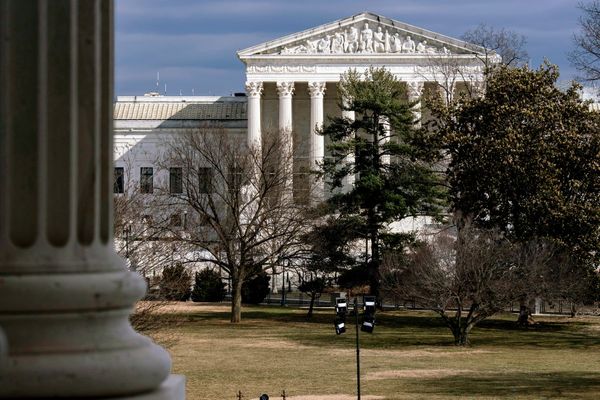Stocks ended modestly higher Wednesday as investors attempt to claw back losses from the biggest single-day decline in more than two years following a surprisingly strong reading of domestic inflation.
Wednesday's modest gains won't offset the declines from Tuesday's pummeling, however, which saw the S&P 500 slump 177.7 points, or 4.3%, and the Dow shed more than 1,200 points after Wall Street was caught off-guard by a hotter-than-expected August CPI reading.
Tech stocks were hit the hardest, with the Nasdaq Composite falling 5.16% to lop more than $500 billion from the benchmark's value.
A big jump in core consumer prices, which rose 0.6% in August and 6.3% on the year, was powered by rising pressures across a broad range of the products and services, suggesting inflation may be slowly imbedding itself into the world's biggest economy, making the Fed's task of slowing it even more difficult.
Market reaction to the data, which also showed a headline annual rate of 8.3% that topped Street forecasts, lifted benchmark 2-year Treasury note yields to a fresh fifteen year high of 3.801% in New York trading, while 10-year notes eased to 3.408%, putting the yield curve deeper into inversion as traders calculated the impact of lingering inflation on the economy's growth prospects.
Producer price inflation may have cemented that concern, with core factory gate prices rising by a faster-than-expected 7.3% last month, according to data published earlier today, offsetting a modest decline in the headline final demand reading.
The CME Group's FedWatch tool, a real-time tracker of market expectations for potential changes in the Fed's target interest rate, suggests at least a 28% chance of a 1 percentage point move when the central bank wraps-up its two-day policy meeting on September 21.
The bulk of the betting -- around 67% -- still suggests the Fed will deliver a 75 basis point hike, its third in succession, that would lift the Fed Funds rate to a range of between 3% and 3.25%.
The emergence of at least the potential for a bigger hike, the largest since December of 1980, suggests may fear an overreaction from the Fed based on Tuesday's surprisingly fast reading for both core and headline inflation. It's also lifted bets on a Fed Funds rate of around 4.25% by the end of the year, well ahead of the 3.75% to 4% forecast prior to the inflation release.
The dollar index, which tracks the greenback against a basket of six global currencies, surged more than 1.1% in the wake of the data release, but was blunted in overnight trading by reports that Japan is preparing to intervene in currency markets in order to prop-up a weakened yen, which is trading at four-decade lows.
The dollar index was marked 0.11% lower in the overnight session at 109.693, while the euro slipped below parity to 0.9984.
European stocks, which absorbed most of Tuesday's losses in the afternoon session, were marked 0.86% lower by the close of Frankfurt trading, following on from a 2.8% decline for the Nikkei 225 in Tokyo and a 2.17% slump for the region-wide MSCI ex-Japan index.
On Wall Street, the S&P 500 ended 0.34% higher, while the Dow Jones Industrial Average rose 30 points, or 0.10%, to 31,135. The tech-focused Nasdaq nudged 0.74% to the upside.
In terms of individual stocks, Starbucks (SBUX) rose 5.5% after the world's biggest coffee chain boosted its near-term earnings growth forecast.
Johnson & Johnson (JNJ) shares gained 2.1% after the healthcare and pharmaceutical group unveiled a new $5 billion share buyback program and reaffirmed its full-year profit targets.
Railway shares, including CSX Corp. (CSX), Norfolk Southern (NSC) and Union Pacific (UNP) finished lower ahead of a meeting between company executives and Labor Secretary Marty Walsh aimed at preventing a potentially network-crippling strike, the first in three decades, scheduled for later this week.







